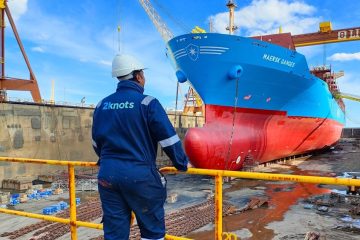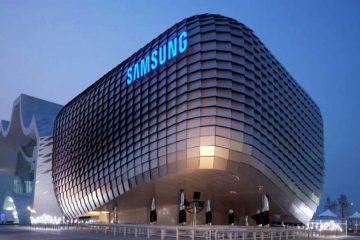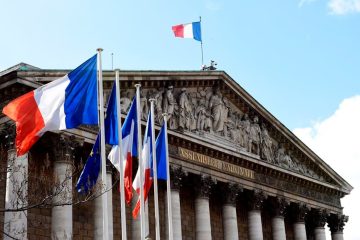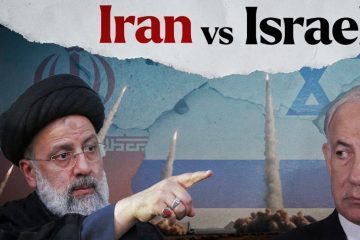Luxury real estate in one of the most expensive markets in the world is suddenly much more affordable.
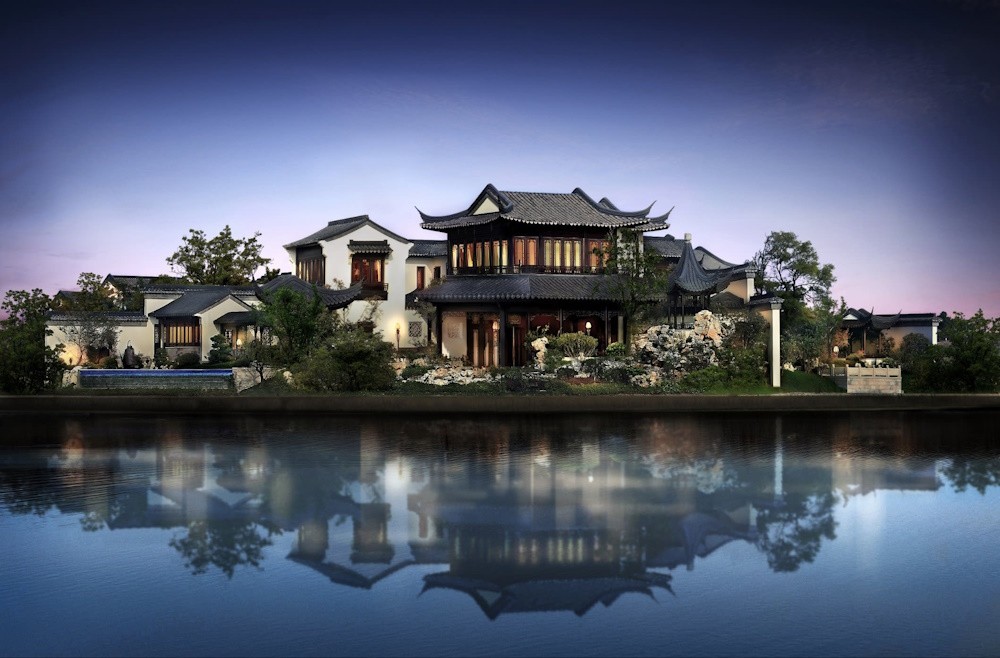
The high-end real estate market in Hong Kong is crumbling under the weight of China’s economic recession.
Even the most expensive houses in town are selling for far less than they did a few years ago. Chinese real estate magnates are being coerced into selling their properties as they try to stem the tide of their failing businesses. After high-end homeowners fail to make their loan payments, their properties are being seized by bank lenders.
According to Cherrie Lai, a senior director and head of residential sales in Hong Kong at Savills, the average selling price of superluxury homes—those costing more than the equivalent of $38 million—has decreased by almost 25% since the middle of 2022. She predicted that it will drop even more this year as vendors cut prices in an effort to make a quick buck.
The deflation, sluggish exports, and numb consumer confidence plaguing China’s economy are all seen in the country’s price decline. Since China’s mega-rich real estate tycoons were responsible for some of the most high-profile sales of luxury properties in Hong Kong in the past few years, the ongoing real estate slump in China is causing them immense distress.
The real estate market in Hong Kong has also felt the effects of the US interest rate hikes. The de facto central bank of Hong Kong, which is responsible for pegging the currency to the US dollar, tracks interest rate hikes made by the Federal Reserve. U.S. home sales in the nine figures have increased dramatically in states like Florida and California, and the price of a luxury property in the top five percent of the market has climbed dramatically over the last decade.
Three mansions associated with the defunct realty firm China Evergrande are among the high-end properties on the market in Hong Kong, according to Habitat Property founder Victoria Allan. According to local media, the company’s creator, Hui Ka Yan, ended up owning them.
Creditors have taken possession of the three residences, which are neighboring mansions on a hillside road called Black’s Link. House 10B was sold for approximately $115 million in 2019, but according to Allan, banks currently value it at only $55 million. There has been no purchase as of yet. The last two properties might be listed for sale next month, according to her.
The mainland Chinese founder of the real estate investment business Cheung Kei Group, Chen Hongtian, paid around $49.5 million in 2015 for a penthouse apartment in a Frank Gehry–designed skyscraper. Official records indicate that a creditor subsequently took possession of it. Despite real estate experts estimating a market value of approximately $87 million for the property in September, shipping billionaire Kwai Sze Hoi paid only $53.4 million for it, according to records.
Property agents claim that when creditors seize a home, the sale price is typically lower than market value.
Mai Fan, CEO of the bankrupt developer Kaisa Group, owned a waterfront home at the posh Residence Bel-Air community while the Chinese property crisis deepened in the last several years. According to public documents, he bought the home in 2017 through Million Link Development, a company that specializes in real estate acquisitions, while prices were still on the rise. The home was sold the following year by receivers appointed to manage the property in 2021 for around $46 million, as recorded in the land registry.
According to Savills, a local businessman sold his mansion for approximately $107 million last month, which is one of the highest sales in Hong Kong in recent years. The asking price was $166 million, but the final price was significantly lower. The district of Victoria Peak on Hong Kong’s hilltop is home to some of the city’s wealthiest residents, including celebrities and business magnates.
The wealthy in China are “a different group now,” according to real estate agent Victor Cheng of Hong Kong. “They aren’t the affluent real estate tycoons, but rather the ones whose businesses expanded consistently, even though they didn’t earn as much during China’s fast economic growth.”
He claimed that modern Hong Kong homebuyers are flush with cash and less inclined to take on excessive debt.
According to Cheng, some homeowners in mainland China have been coerced into selling their homes at rates approximately 20% below market value in order to pay off their debt. He stated that in the past, some mainland CEOs had purchased “trophy homes” and rarely if ever utilized them.
Luxury residences may have a more challenging time in the future, according to data reviewed by the online real estate marketplace Spacious.hk. According to James Fisher, COO of Spacious.hk, the number of requests to sell houses listed on the site for $10 million or more dropped 45 percent over the last year. There was an 8% drop in inquiries for properties valued under $1.3 million and a 25% drop for properties priced between $1.3 million and $3.2 million.
The Rating and Valuation Department of Hong Kong said that by the end of 2023, the private home price index had fallen to a level not seen in seven years.



